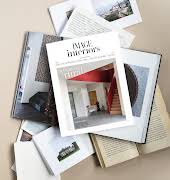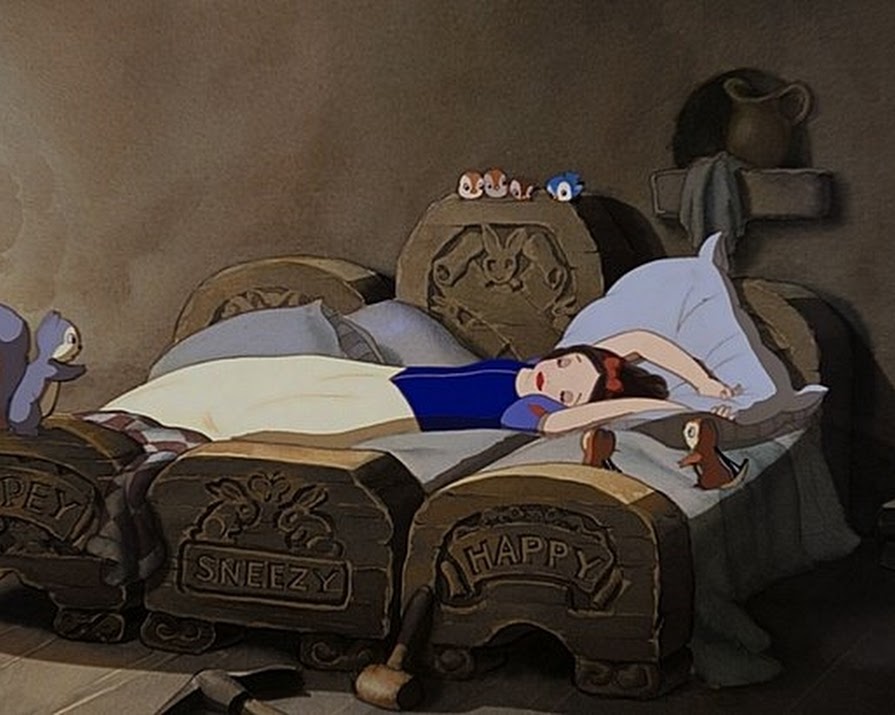
By IMAGE
26th Feb 2015
26th Feb 2015
Indulging in a Saturday morning lie-in? Overdoing it on extra hours of shut-eye may be doing you more harm than good. A new study has come to the conclusion that too much sleep really is a prevalent factor in the risk of stroke. According to?the University of Cambridge, who undertook this work, the risk of stroke actually doubles for older people who continually sleep longer than the average of eight hours per night.
What’s more, if you find yourself increasing your sleeping hours over time, it would be wise now to start paring back and sticking to a routine; the risk was almost four times higher for those who slept longer over time when compared with those who maintained an average sleep pattern.
As we spoke about recently, the older you get, the less sleep you should really require.
Arriving at these results, Cambridge University’s Department of Public Health tracked roughly 10,000 people aged between 42 and 81 over a time span of about ten years.
As expected, most participants reported sleeping between six and eight hours a day, while one in 10 revealed that they had been sleeping more than the average 8 hours a night. Of these 10,000 participants,?346 were unfortunate enough to have suffered a stroke throughout the ten year period. Allowing for the consideration of additional variables, the team then concluded that those who slept longer than eight hours a day were at 46% greater risk of stroke than average.
Commenting on their finings, Yue Leng says: “It’s apparent both from our own participants and the wealth of international data that there’s a link between sleeping longer than average and a greater risk of stroke.?What is far less clear, however, is the direction of this link, whether longer sleep is a symptom, an early marker or a cause of cardiovascular problems.”
This is not the first time that the link between sleep and the risk of stroke has been addressed, however’researchers say that the correlation between sleep and stroke remains unclear.
Lead author Kay-Tee Khaw said: “We need to understand the reasons behind the link between sleep and stroke risk.?What is happening in the body that causes this link? With further research, we may find that excessive sleep proves to be an early indicator of increased stroke risk, particularly among older people.”
The study was supported by the Medical Research Council and Cancer Research UK.























